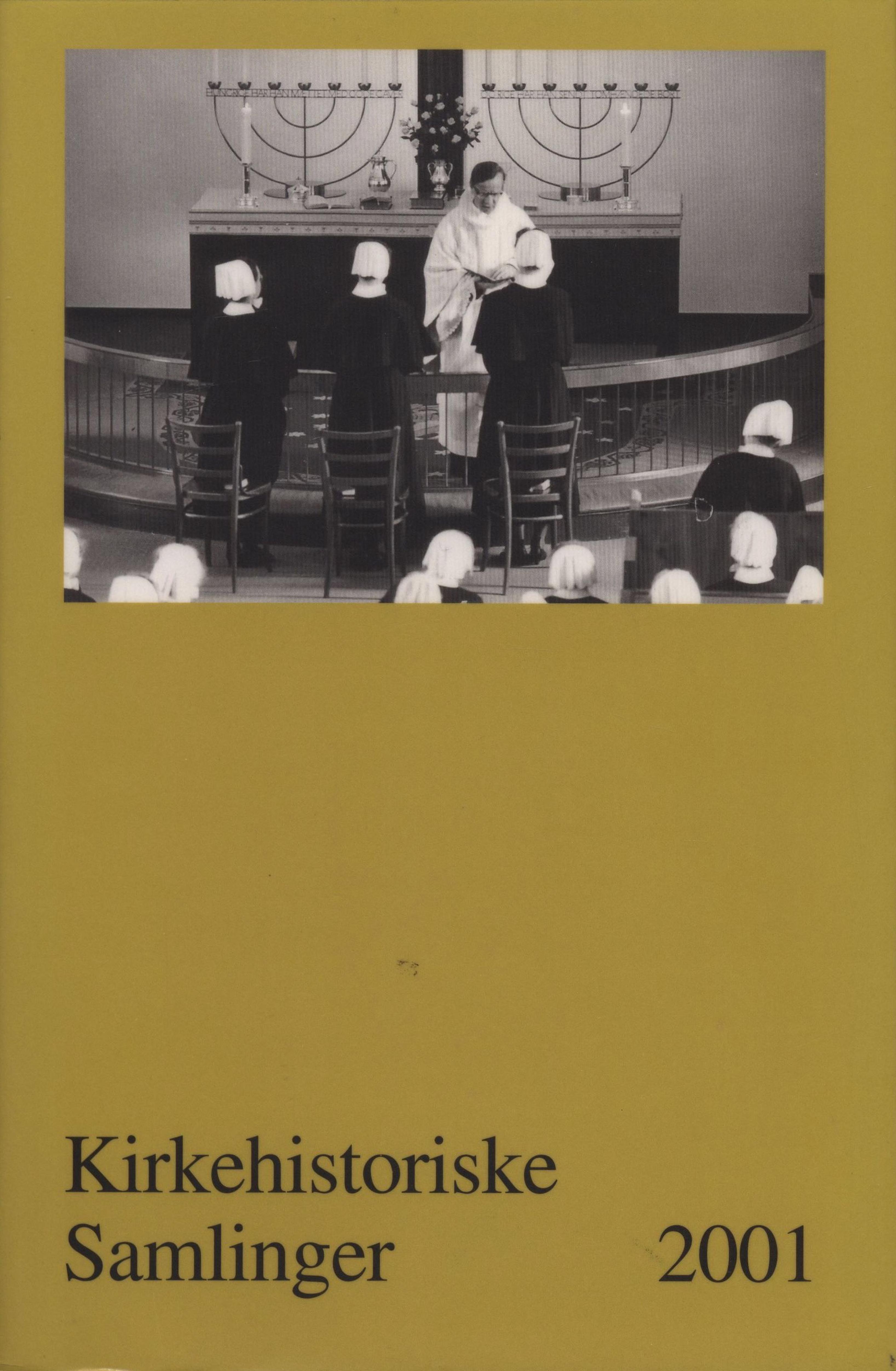Publiceret 15.12.2001
Citation/Eksport
Copyright (c) 2024 Tidsskriftet Kirkehistoriske Samlinger

Dette værk er under følgende licens Creative Commons Navngivelse – Ingen bearbejdelser (by-nd).
Resumé
As a young rector of Vejlby, near Aarhus in Jutland, from 1886 to 1892, the first of this article’s two protagonists, Henry Ussing (1855-1923) was active in founding a Sunday school and arranging meetings of workers and young people. He also founded a core society of sincere Christians in the congregation. From that, a group of elders was established, people with responsibility for running a church hall for which Ussing had raised the financial means by subscription. The elders were to cooperate closely with the pastor and were given missionary and disciplinary rights and duties. In addition, Ussing wrote a number of pamphlets and was a keen lecturer, especially in Copenhagen. The writings show him as a purposeful worker towards putting his Vejlby experiences to use in the capital by educating the laity to independent action in concert with the pastors. In the hastily growing new parts of Copenhagen there was a crying need for smaller parishes, with pastors, church buildings and active groups of missionary-minded lay people. An attempt by Ussing and his friends at furthering the cause be means of the Copenhagen Internal Mission Society was frustrated as were also Ussing’s hopes for employment in Copenhagen: suspicions towards him and his extraordinarily active wife on the part of the establishment proved too strong, at least initially. But at long last he got a Copenhagen parish and became the leading strategic spirit in the campaign for new parishes and small churches. He reflected carefully on the question of a right minded successor for Vejlby and ended up with recommending Christian Welding (1858-1939). Like a good many other young churchmen, Welding was in doubt as to where he belonged: in the ”Internal Mission”, the rapidly growing pietistic movement, or with the Grundtvigians, a more culturally open grouping. When, after four years in Vejlby where he had tried to follow Ussing’s principles and guidelines, he came to Copenhagen, he was still uncertain, but in the course of his life there, in three different parishes, he gradually gained clarity and became a prominent - though highly independent-minded - Grundtvigian.

